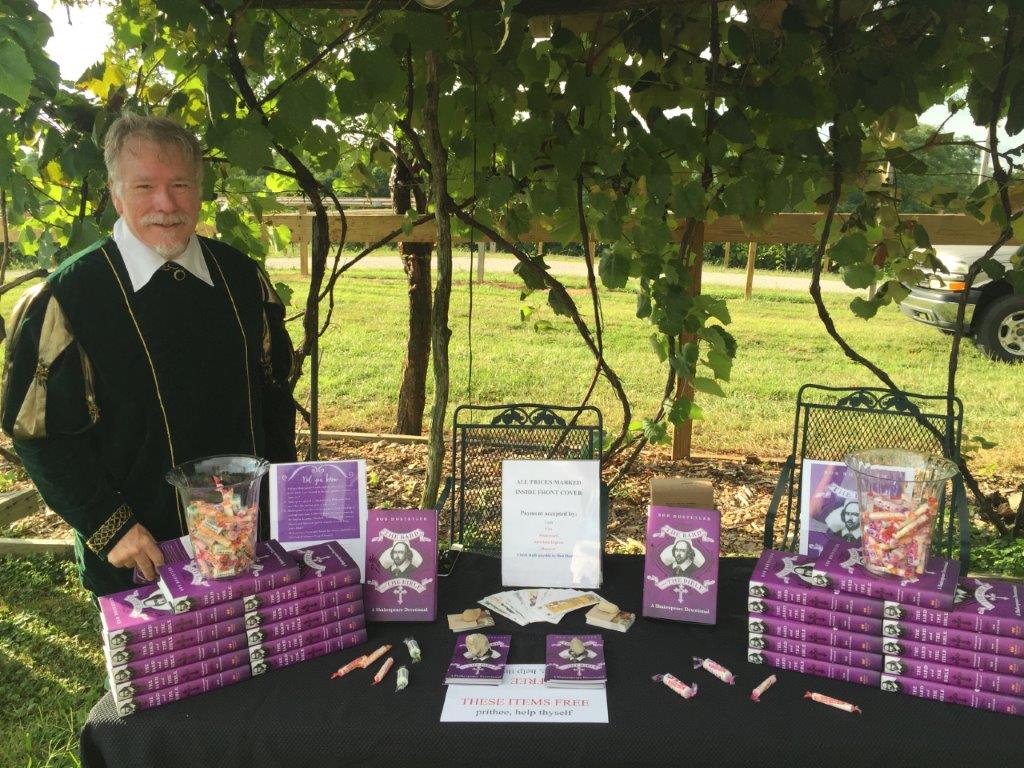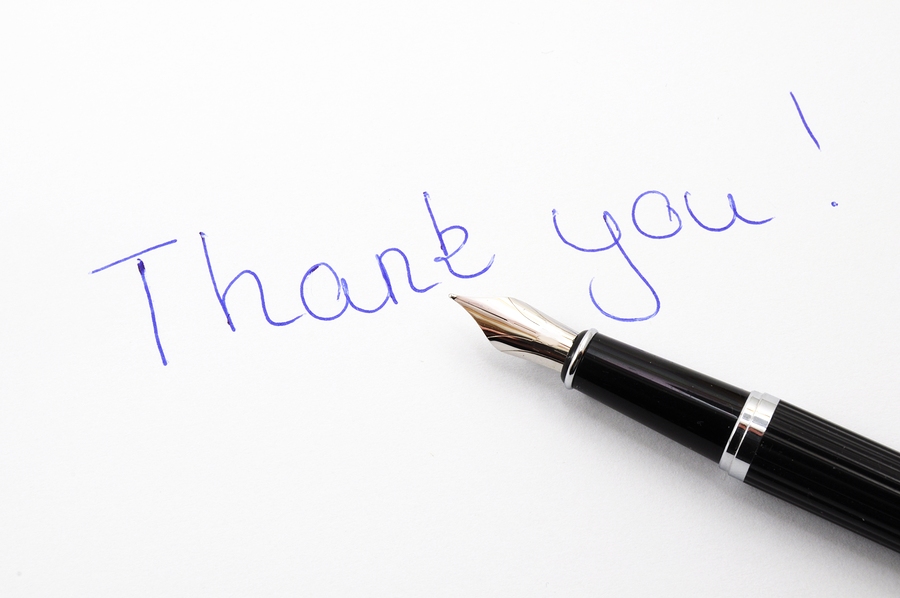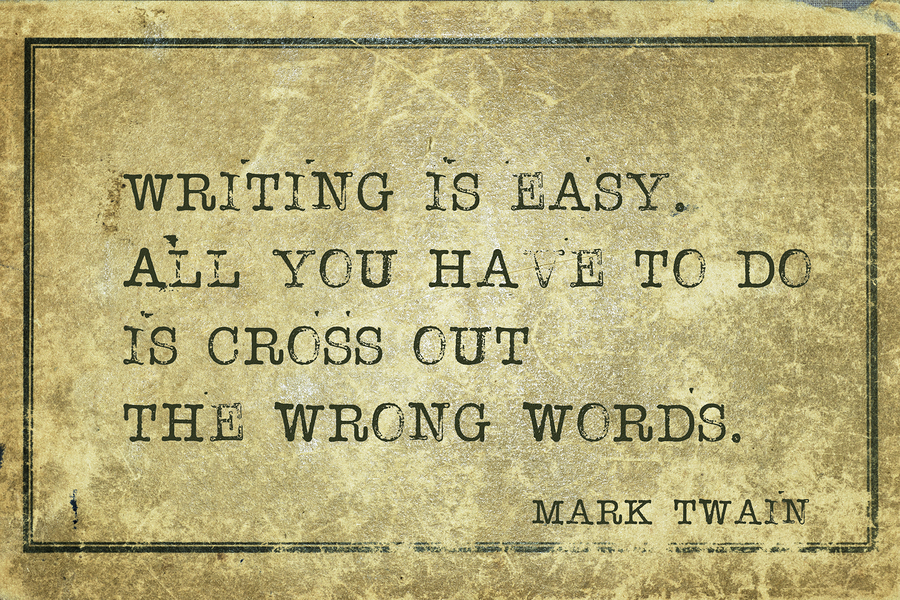Some writers want to work with an agent, but even after securing representation, don’t always take full advantage of the help an agent can offer. Agents appreciate authors not wanting to be high maintenance. However, it’s better to keep us in the loop than to leave us out. The expression, “An ounce of prevention is worth a pound of cure,” applies to so many situations that can occur!
Manage Expectations
Lots of new authors aren’t sure what to expect. They’ve put in the hard work writing a book, but may be clueless to the nuances of the business. That’s why we’re here! Take our hand and let us be your guide.
Read and Understand Your Contract
Agents are here to help you understand anything about your agreement that seems mysterious. We appreciate that you trust us and might sign any contract we put in front of you, no questions asked. But I want my clients to understand what they’re signing. Ask questions. I’ll take the time with you that you need.
Let Us Help You Juggle Commitments
Many agented authors find they need help in juggling commitments. This is a happy “problem” of being a successful author. We help you with troublesome contract clauses that can limit your career, and handle tricky situations that can happen when talented authors suddenly find themselves in high demand. Let us take the hit while you remain the sweet author toiling away to make all the publishers happy!
Your turn:
What do you want your agent to do for you?
When has an agent been especially valuable to you?











